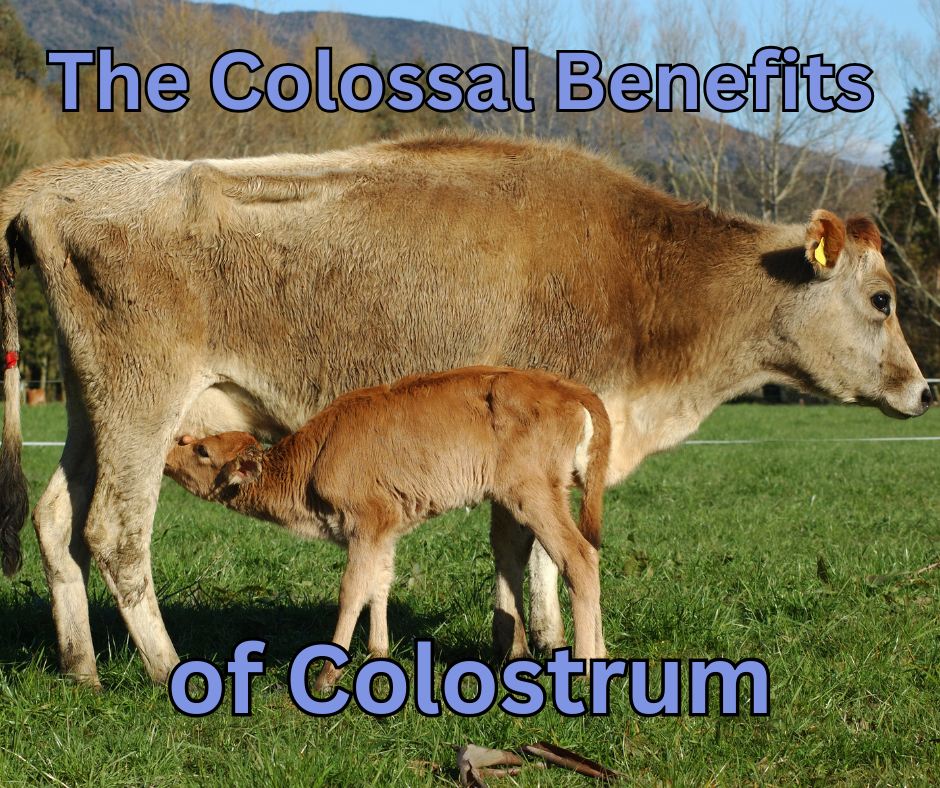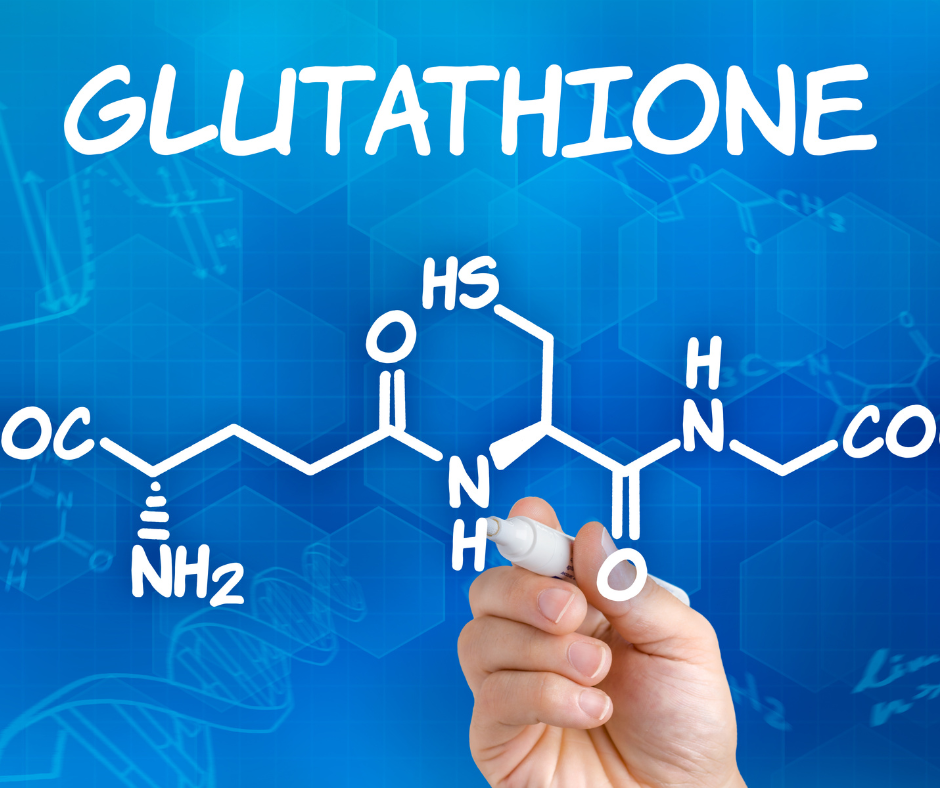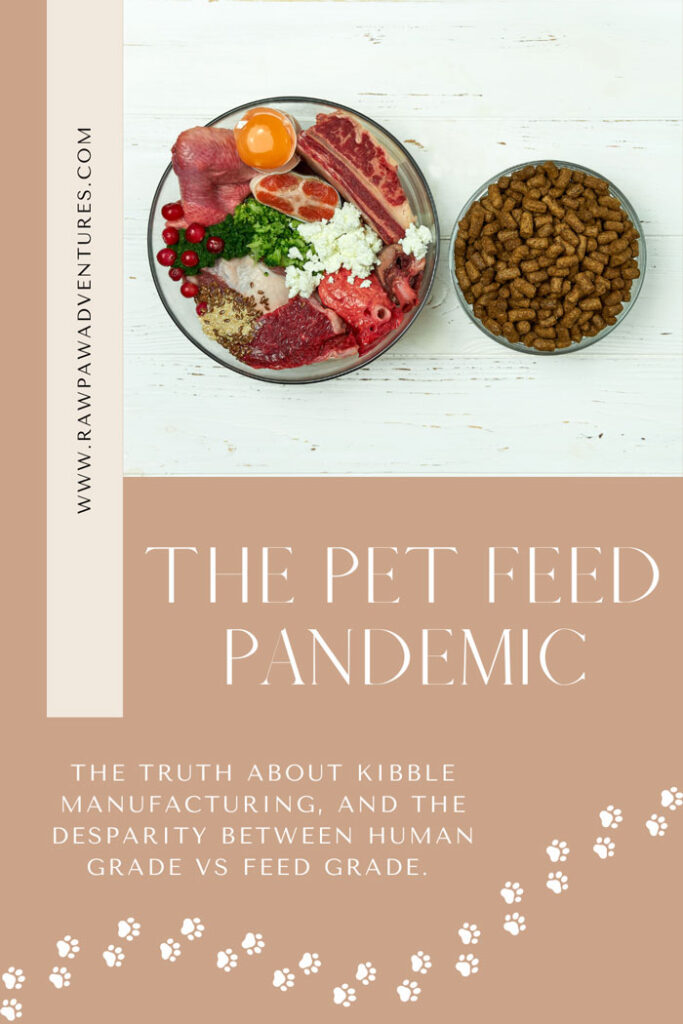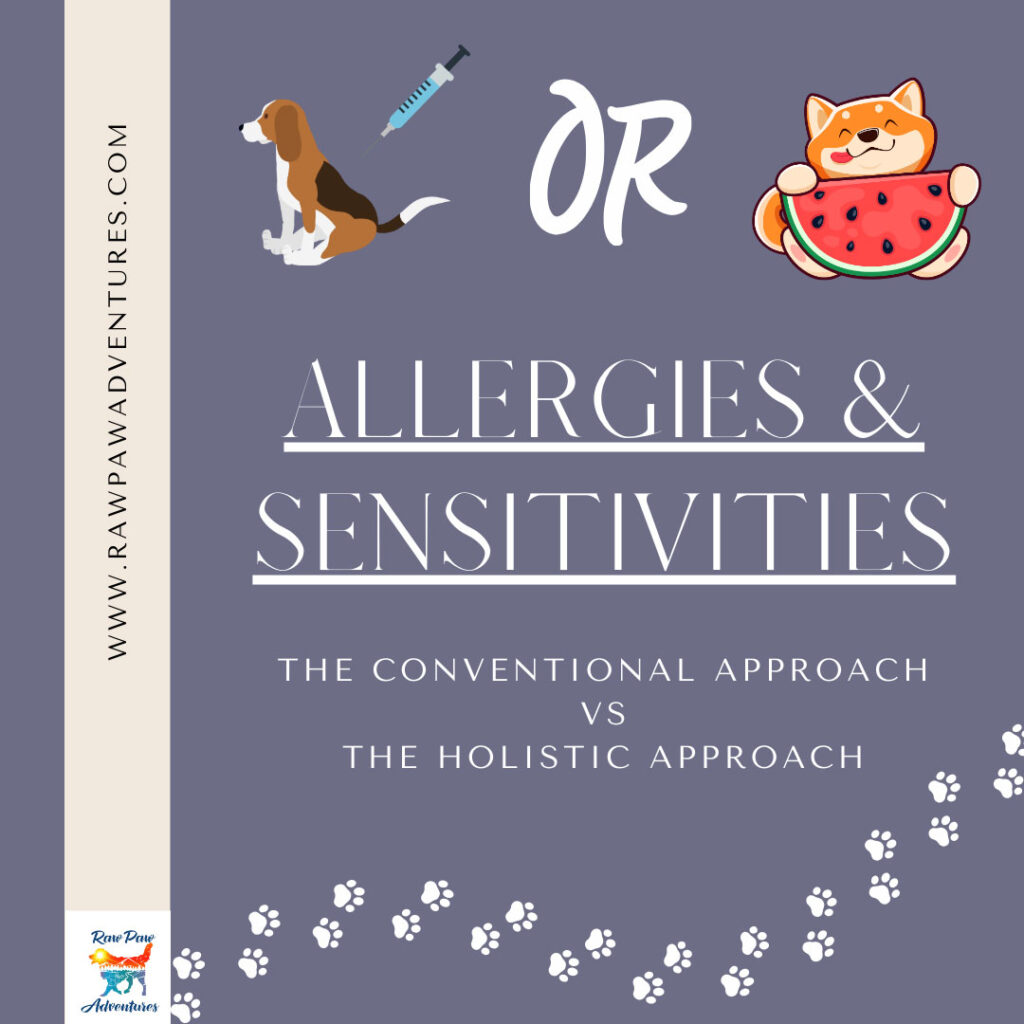If you’ve been following me for a while, then you know I’m not one to reach for a supplement first, and I will always choose whole foods over a lab-made chemical any day. Luckily two powerhouse nutrients that I do feel deserve a discussion in the holistic pet space: colostrum and glutathione, can absolutely be found in whole food forms. These natural compounds can be beneficial for your furry family member’s health depending on what kind of support they need. Let’s start with colostrum and really break down those benefits…
What Is Colostrum?

Think of colostrum as nature’s literal original superfood. It’s the first milk mammals produce after giving birth, jam-packed with immune-boosting compounds, nutrients, and gut-friendly goodness. It’s like the body’s welcome gift to newborns!
For pets—especially rescues, early-weaned pups, or those who’ve been on antibiotics—consuming colostrum is a golden opportunity (no pun intended but it actually is a slightly more golden color than milk) to repair and rebuild. The version used in pet supplements typically comes from cows (bovine colostrum), and it’s rich in immunoglobulins (IgG and friends), which help balance gut bacteria and support the immune system.
But here’s the kicker: not all colostrum is created equal. Some companies strip out the fat to boost the immunoglobulin levels, but fat holds many of colostrum’s most valuable nutrients. Earth Buddy’s colostrum, for example, leaves more of that good fat in, making it more of a long-term, gut-rebuilding formula than a quick-fix immune bomb.
Who Benefits from Colostrum?
- Pets with allergies or autoimmune conditions
- Dogs with gut imbalances or chronic digestive issues
- Cats and dogs who were weaned early or adopted from uncertain beginnings
- Pets recovering from antibiotic use
And more! The one thing that might be a bit of a term-off is that it can taste a little pungent compared to regular raw milk. For this reason, Earth Buddy’s formula includes organic blueberry powder to help picky pets enjoy it, so be aware of that if your pet dislikes or cannot tolerate blueberries.
What About the Baby Cows?
Great question. Ethical sourcing matters—especially when the product involves an animal’s “first milk.” The good news? Calves get first dibs. They typically drink about 4 liters of colostrum in the first 24 hours. The mother cow produces closer to 15 liters. That’s a lot of excess goodness to go around—plenty for the calves and your pet!
Reputable companies source from grass-fed, non-GMO, well-managed dairies with high ethical standards. And honestly, if you’re the kind of pet parent reading about colostrum on a holistic blog… you probably care about sourcing. I do too, so I made sure to ask that of Earth Buddy and I’m glad to say they met my standards!
Glutathione: The Master Antioxidant

You may be surprised to hear this, but glutathione is found in every single cell in your pet’s body. Think of it as the body’s in-house cleaning crew: detoxifying cells, boosting the immune system, and managing oxidative stress (aka aging). If colostrum is the gut’s best friend, glutathione is the cell’s secret weapon.
Why Might Your Pet Need Glutathione?
Glutathione as an antioxidant is important and should always be present within the cells always just for general daily functioning. It supports detoxification in pets with liver stress (think post-medication, vaccine recovery, or even long-term exposure to kibble made from who-knows-what) and plays a critical role in keeping the body balanced, resilient, and functioning at a cellular level.
It’s especially important when your pet is under stress—physically or emotionally, such as:
- Exposure to environmental toxins
- Seasonal allergies
- Age-related decline
- Viral illness
- Emotional stress (pets feel that too!)
Aging pets naturally produce less glutathione over time. And when the body is under stress (inflammation, infection, stress), it chews through glutathione like kids through a candy drawer. If you don’t replenish it, you’re left with poor cellular function, low energy, and a weaker immune response, which is sadly something we see all too often.
The Gut-Liver Connection
You might’ve heard the saying “the eyes are the window to the liver.” Well, for pets, that liver is your detox hub—and glutathione is kind of like its MVP. If your pet is sluggish, itchy, constantly reacting to their environment, or aging faster than you’d like, their glutathione stores may be on the decline.
In order to make glutathione, the body needs the correct fuel, which includes a few very important amino acids, vitamins and minerals.
Here’s what you need to make glutathione:
| Nutrient | Role |
|---|---|
| Cysteine (NAC) | Main building block |
| Glycine | Structural + metabolic support |
| Glutamate | Structural amino acid |
| Vitamin C | Recycling & antioxidant synergy |
| Selenium | Activates glutathione enzymes |
| Zinc | Enzyme co-factor |
| B vitamins | Supports detox + amino acid metabolism |
| Magnesium | Helps enzymes do their job |
Now you can go figure out which foods to feed that contain all these different nutrients so that you can set the body up for success! Exciting right!? What… just me?
Kiddinggggg, I wouldn’t do that to you! Here is a list (not comprehensive, but a good start) that has many of the foods that contain these nutrients:
| Food | Key Nutrients for Glutathione |
|---|---|
| Pasture-Raised Eggs | Cysteine, Glycine, Glutamate, Selenium, B12, Folate |
| Broccoli / Kale / Cabbage | Sulfur, Vitamin C, Folate, Magnesium, B6 |
| Garlic | Sulfur (boosts cysteine & liver enzymes) |
| Liver (Beef, Chicken) | B vitamins (B12, Folate), Zinc, Selenium, Amino acids |
| Wild-Caught Sardines | Selenium, Glutamate, Zinc, Omega-3s |
| Spinach / Asparagus | Glutathione, Folate, Vitamin C, Magnesium |
| Sunflower Seeds | Vitamin E, Selenium, Magnesium |
| Brazil Nuts | Selenium (super potent—1 nut provides a full day’s worth or more for a large dog) |
| Citrus Fruits | Vitamin C, Flavonoids |
| Berries (Blueberries, etc.) | Vitamin C, Quercetin, Flavonoids |
| Bone Broth | Glycine, Glutamine, Collagen peptides |
Now, some pets might have food sensitivities, or perhaps they’re extremely picky and won’t eat anything green aside from green tripe! Maybe you can’t feed fresh food for some reason, and this is a case where you really just need a supplement. Again- I always advocate for food first! But if you truly require a supplement, Maxx Life from Earth Buddy provides glutathione plus it includes the building blocks like glycine and N-acetylcysteine that encourage your pet to produce glutathione naturally.
Be Proactive, Not Just Reactive
Holistic pet health isn’t about avoiding all problems or just addressing them when they show up—it’s about setting your pet up to thrive, not just survive. That means investing in their gut, their immune system, and their cellular health before things go wrong.
With thoughtful ingredients, ethical sourcing, and products designed to work with your pet’s biology (not against it), tools like colostrum and foods rich in glutathione give you the power to take your pet’s health into your own hands—naturally. Think of them as long-term allies in prevention, not just emergency rescue tools.
Because let’s be honest: your dog deserves to sniff butts and dig holes well into their golden years. And your cat? She deserves to give you side-eye and judge you from her perch for as long as she pleases. So let’s make sure we’re setting them up for success from birth to super senior!


